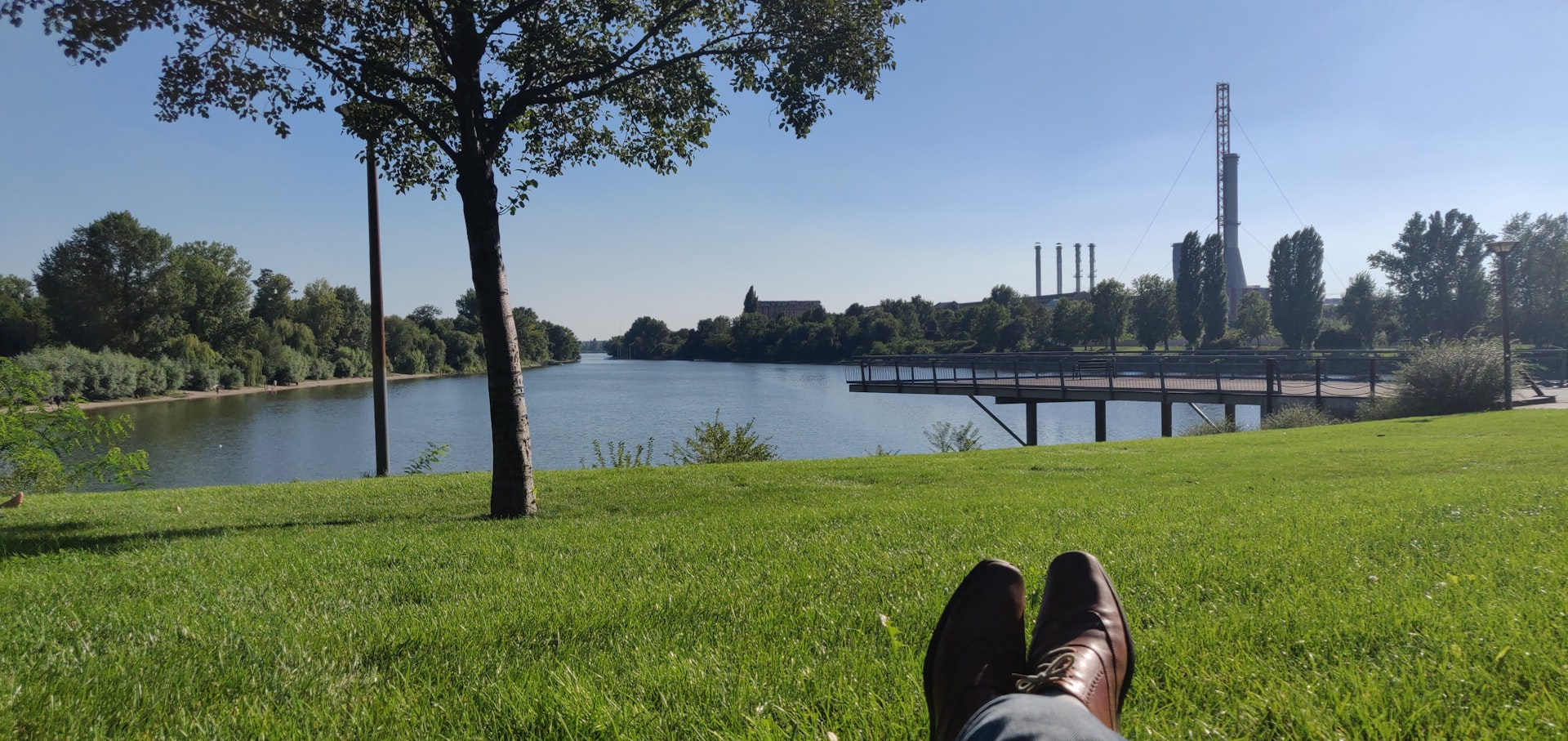Unlocking the Benefits of Coastal Lifestyle Living: Health, Wellness, and Practical Steps

Photo by Vadym Kravtsov on Unsplash
Introduction: The Transformative Allure of Coastal Living
Coastal lifestyle living experiences offer a unique blend of natural beauty, tranquility, and health benefits. Residents near the sea consistently report improved well-being, reduced stress, and a daily sense of retreat that is difficult to replicate inland [1] . This article explores the multifaceted advantages of coastal living and provides detailed, actionable steps for individuals seeking to transition to this rewarding lifestyle.
Health and Wellness Advantages of Coastal Living
Physical Health : Studies have shown that residents of coastal regions are more likely to engage in regular outdoor physical activity, such as swimming, hiking, and jogging along the shore. The scenic environment and temperate climate encourage movement and exercise all year round, resulting in improved cardiovascular health and energy levels [2] [4] .
Air Quality : Coastal breezes offer cleaner, fresher air compared to urban environments. These breezes, rich in negative ions, can enhance respiratory function, boost mood, and help clear the lungs [4] . For those with respiratory issues or sensitivities, this can provide substantial relief and promote long-term wellness.
Mental Health : The calming sights and sounds of the ocean are restorative and uplifting. The proximity to “blue space”-water environments-has been linked to increased dopamine and serotonin levels, improving mood and reducing symptoms of depression. Even brief exposure to coastal environments can offer a mental reset and enhance overall positivity [2] .
Sleep Quality : Coastal walkers and residents report longer and more restful sleep, attributed to the gentle cadence of waves and the lack of urban noise pollution. A National Trust study found that coastal walkers slept an average of 47 minutes longer than inland hikers [2] .

Photo by Livia Widjaja on Unsplash
Community, Social Life, and Access to Healthy Foods
Community Engagement : Coastal towns are known for vibrant, active communities that prioritize outdoor activities and social events. Residents can participate in beach clean-ups, surf competitions, yoga classes, and farmers’ markets, fostering a sense of belonging and emotional support [4] .
Access to Fresh Foods : Coastal regions often feature abundant fresh seafood, fruits, and vegetables. These foods are typically free of preservatives and chemicals common in processed urban diets, supporting better health outcomes and reducing inflammation and chronic illness risks [5] .
Work-Life Balance : The slower pace and retreat-like atmosphere of coastal living help minimize burnout and stress. More people are able to work remotely, utilizing local co-working spaces and reliable internet infrastructure, which supports professional growth alongside lifestyle improvements [1] .
Financial and Practical Considerations
Real Estate Investment : Coastal properties have historically shown strong value appreciation, making them attractive for long-term investment. The consistent demand for ocean views and limited supply often result in stable market performance, though it’s important to research local trends and consult with real estate professionals before committing [1] .
Environmental Resilience : Coastal homes frequently incorporate sustainable and resilient building practices, which are crucial for durability against weather events such as storms or hurricanes. Prospective residents should assess local infrastructure, healthcare access, and transportation options to ensure their chosen region meets their needs [3] .
Making the Transition: Step-by-Step Guidance
Successfully embracing a coastal lifestyle requires thoughtful planning and research. Here are actionable steps and alternatives:
- Extended Stays : Begin with extended visits to your desired coastal area across different seasons. This provides insight into year-round living conditions, including weather patterns, community activities, and local services [1] .
- Community Connection : Engage with local residents through community events, volunteer opportunities, and social gatherings. Ask about practical aspects of daily life and seek recommendations for services and amenities.
- Infrastructure Research : Investigate local healthcare facilities, transportation networks, and emergency preparedness. Consider proximity to essential services and resilience to coastal weather.
- Remote Work Opportunities : If your job allows, explore remote work arrangements. Many coastal regions now offer reliable internet and co-working spaces, making professional transitions smoother [1] .
- Housing and Investment : Consult with licensed real estate professionals who specialize in coastal properties. Ask for verified sales data, local market trends, and building standards to make informed decisions.
- Financial Planning : Coastal living may involve unique costs (insurance, property maintenance, flood mitigation). Review your financial situation and consult with advisors to prepare for these expenses.
- Legal and Regulatory Considerations : Research zoning laws, building codes, and environmental regulations that may impact property use and development. Contact local government offices or search for official municipal websites for accurate information.
If you are seeking to purchase coastal property or make the transition, you may start by searching for “licensed coastal real estate agents” in your target area, visiting official city or county websites for zoning and environmental regulations, and contacting local chambers of commerce for community resources. Avoid relying on third-party or unverified websites for legal or investment decisions.
Potential Challenges and Solutions
Weather Risks : Coastal regions can be vulnerable to storms, erosion, and flooding. To mitigate these risks, prioritize homes with resilient construction, elevated foundations, and proper drainage. Stay informed about local emergency procedures and insurance requirements.
Seasonal Population Fluctuations : Some coastal towns experience seasonal surges in population. Plan accordingly for crowded periods and consider permanent residency options that align with your lifestyle preferences.
Cost of Living : While some coastal areas offer lower living costs, others may be expensive due to high demand. Compare prices, research regional averages, and seek out alternatives such as smaller towns or communities slightly inland for better affordability [5] .
Alternative Pathways to Coastal Living
If relocating permanently isn’t feasible, consider alternatives such as part-time residency, extended vacation stays, or remote work sabbaticals by the coast. Explore vacation rental options, community co-ops, or time-share arrangements for flexible access to coastal environments. Search for “coastal vacation rentals” or “extended stay beach communities” using reputable travel or real estate platforms.
Conclusion: Embracing Coastal Lifestyle Living
Coastal lifestyle living experiences promise abundant health, social, and financial benefits. By taking a methodical approach-researching locations, connecting with communities, and planning for practical challenges-you can unlock a rewarding new way of life by the sea.
References
- [1] SUPREMARINE (2023). Holistic Lasting Benefits of Living by the Sea.
- [2] The Great Cornish Outdoors (2022). 8 Reasons Why Living by the Sea is Excellent for Your Health.
- [3] Brandon Construction Group (2023). Coastal Lifestyle: Embracing the Advantages of Living by the Sea.
- [4] Passage Island Homes (2023). The Perks of Coastal Living: Why Living Near the Beach is Good for Your Health.
- [5] Casa Linda (2023). 6 Health Benefits of Living in a Coastal Region.
MORE FROM dealdetectivepro.com













